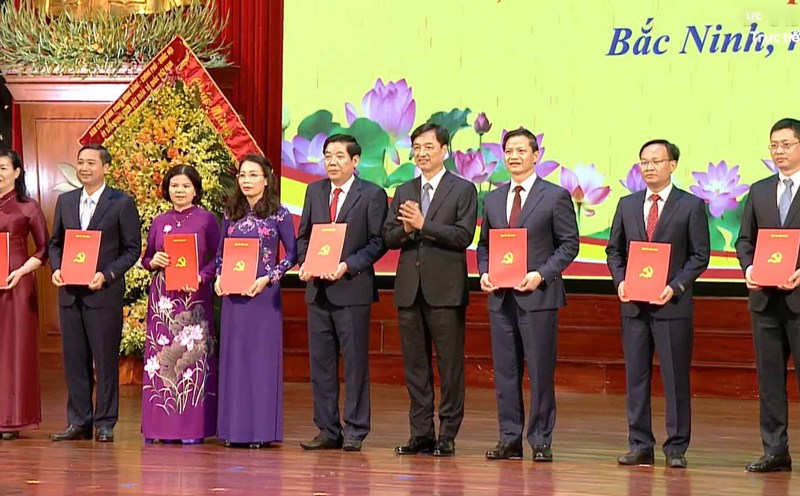Mr Zelensky called the move a political step, saying it would play a key role in the more than three-year conflict with Russia and Ukraines recovery period in the post-war period.
The Ukrainian leader called on his Western counterparts with borders on Russia to raise vigilance and focus on re-legitizing anti-infantry mines, but Zelensky acknowledged the complexity of procedures when withdrawing from the treaty during the conflict.
The Ukrainian Foreign Ministry later said that Ukraine must give unconditional priority to the safety of citizens and state defense in the context of the increasingly complex political situation in Europe.
Commenting on Zelensky's move, a senior Ukrainian lawmaker Roman Kostenko said it was a necessary step, but noted that withdrawing from the treaty still requires parliamentary approval.

The Ottawa Convention, dated 1997, prohibits signatories from buying, manufacturing, storing or using anti-personnel mines, which are designed for burial or hiding underground.
This type of weapon is condemned for not only leaving serious wounds to soldiers, but also potentially causing unpredictable consequences for civilians.
There are about 160 countries and territories participating in the Ottawa Convention, which Ukraine has ratified since 2005.
Previously, in March, several European countries including Poland, Estonia, Latvia and Lithuania decided to withdraw from the treaty, citing the significant increase in military threats to NATO member states bordering Russia and Belarus.
Notably, although Mr. Zelensky's decision to withdraw from the new Ottawa Convention was made on June 29, according to many international media outlets, Ukraine has repeatedly received mines from Washington's military aid packages, when Mr. Joe Biden was serving as US President.
This has led many experts to question whether Ukraine had violated the treaty before.











